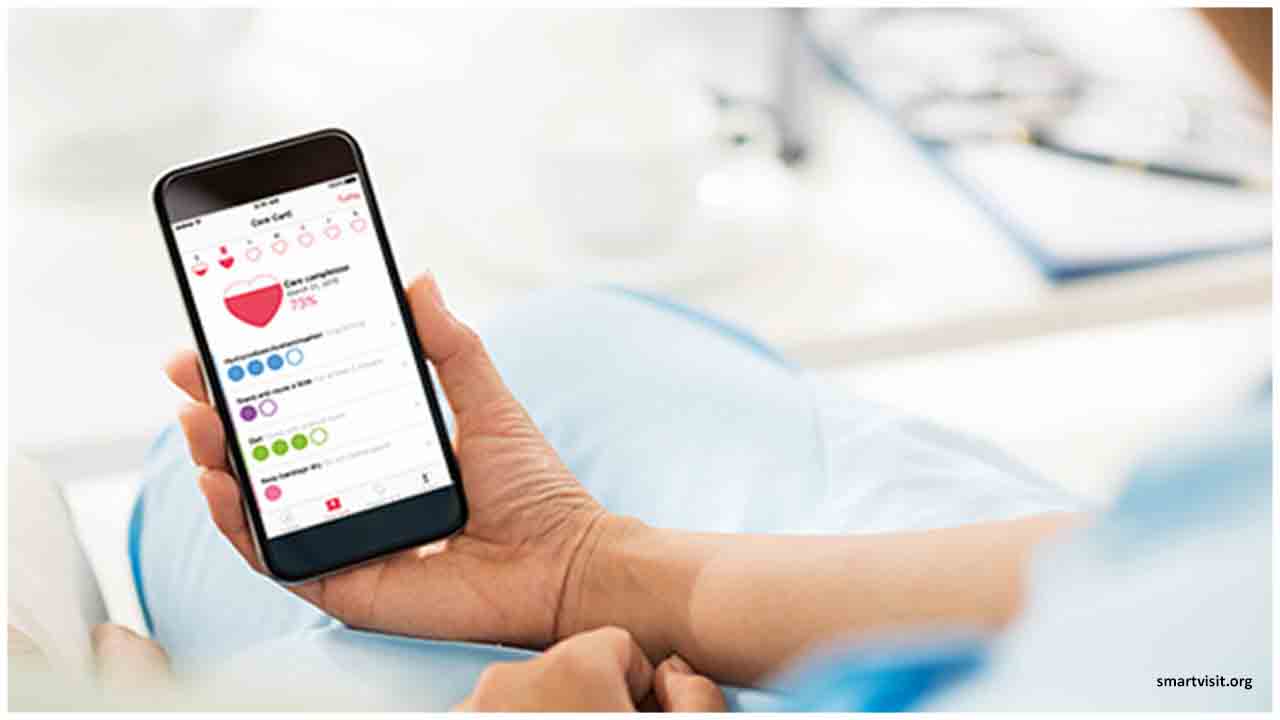Digital health is a broad category encompassing electronic health, mobile health, telehealth, and health data, among others. It offers solutions that can strengthen health systems, such as bringing health services directly to people’s homes and underserved communities, helping to map outbreaks of disease, and integrating digital tools that make health care more responsive and productive.
But in addition to providing opportunities, digital health raises some important questions. Can digital health ensure that people receive high standards of care? How can we ensure that those without access to or knowledge of digital devices are not left behind? How can we guarantee that sensitive health data is properly secured so people feel safe using services?
Answering these questions is an important part of the future of health in the WHO European Region. This is why the European Programme of Work identifies digital health as a flagship alongside immunization, mental health, and behavioral and cultural insights.
Why is digital health a priority now?
Digital health has been seen as an emerging, strategic health priority for years. Even before the COVID-19 pandemic, the use of digital health technologies to make health systems and services more effective was widely recognized. Countries have also indicated the importance of digital health.
Linked to WHO’s 13th General Programme of Work, the European Programme of Work commits to ensuring better access to health for people throughout the Region through universal health coverage and recognizes digital health as key to realizing this vision.
The term digital health may conjure images of advanced, futuristic technology, but it can include a range of interventions, including:
- electronic health records and standards underpinning the exchange of data;
- mobile health apps for monitoring and prevention;
- public health portals that provide transparent access to an individual’s health records and contacts with the health system;
- telemedicine;
- integrated care delivery;
- clinical decision-making support tools in primary care;
- robotics;
- personalized medicine;
- nanotechnologies; and
- artificial intelligence.
Digital health links to other flagships, including behavioral and cultural insights and mental health, while seeking to build a partnership model to identify best practices and opportunities.
COVID-19 as an accelerator
The role that digital health can play has come under the spotlight during the COVID-19 pandemic. The use of digital tools such as contact tracing apps to monitor outbreaks and online consultations to help keep health professionals and patients safe while providing continued care are some of the ways that the potential of digital health has been harnessed.
These digital methods of delivering health care are here and will very likely stay. Greater leadership and knowledge sharing in this area are important to ensure that individuals are well served and that health systems benefit from new technologies.
Digital health in practice
A symposium on digital health organized by WHO/Europe in 2019 helped to showcase how governments and organizations can use health technologies to reduce inequities and improve health and well-being. On the ground, digital health continues to make inroads into the way health services are delivered.
In Kyrgyzstan, for example, a safe delivery app provides midwives with guidance to deal with different birth scenarios – including some that may require an emergency response. The app itself, in use in more than 40 countries around the world, was developed by the Maternity Foundation in Denmark. It helps midwives provide care, particularly when faced with a difficult situation.
In Finland, a patient-oriented digital health-care service known as Health Village was set up by different university hospitals. The online platform enables people to plan and manage their care using simple medical devices to send readings to health professionals. It allows for a more streamlined approach to health care that takes into account the lives of patients, who may struggle to find time to attend routine appointments. It also naturally raises some questions, particularly among those who have less experience or struggle with digital technologies. Some elements of coaching are therefore integrated to ensure that patients feel able to use the services.
These are just some of how digital health can empower individuals, make health systems more effective, and provide greater health coverage.

 Digital health is a broad category encompassing electronic health, mobile health, telehealth and health data, among others
Digital health is a broad category encompassing electronic health, mobile health, telehealth and health data, among others









.jpeg)

.jpeg)
.jpeg)

.jpeg)


.jpeg)



.jpeg)
.jpeg)
.jpeg)


.jpg)


.jpeg)
.jpeg)